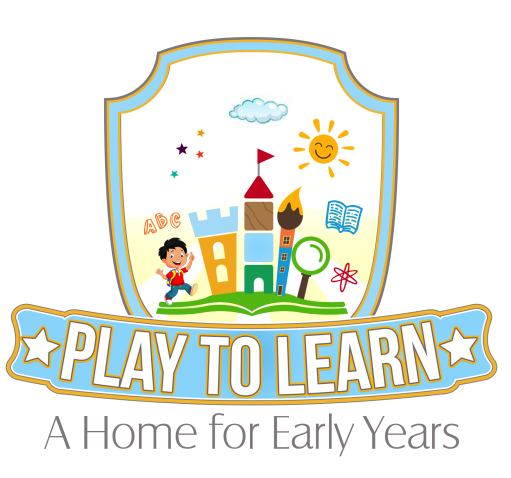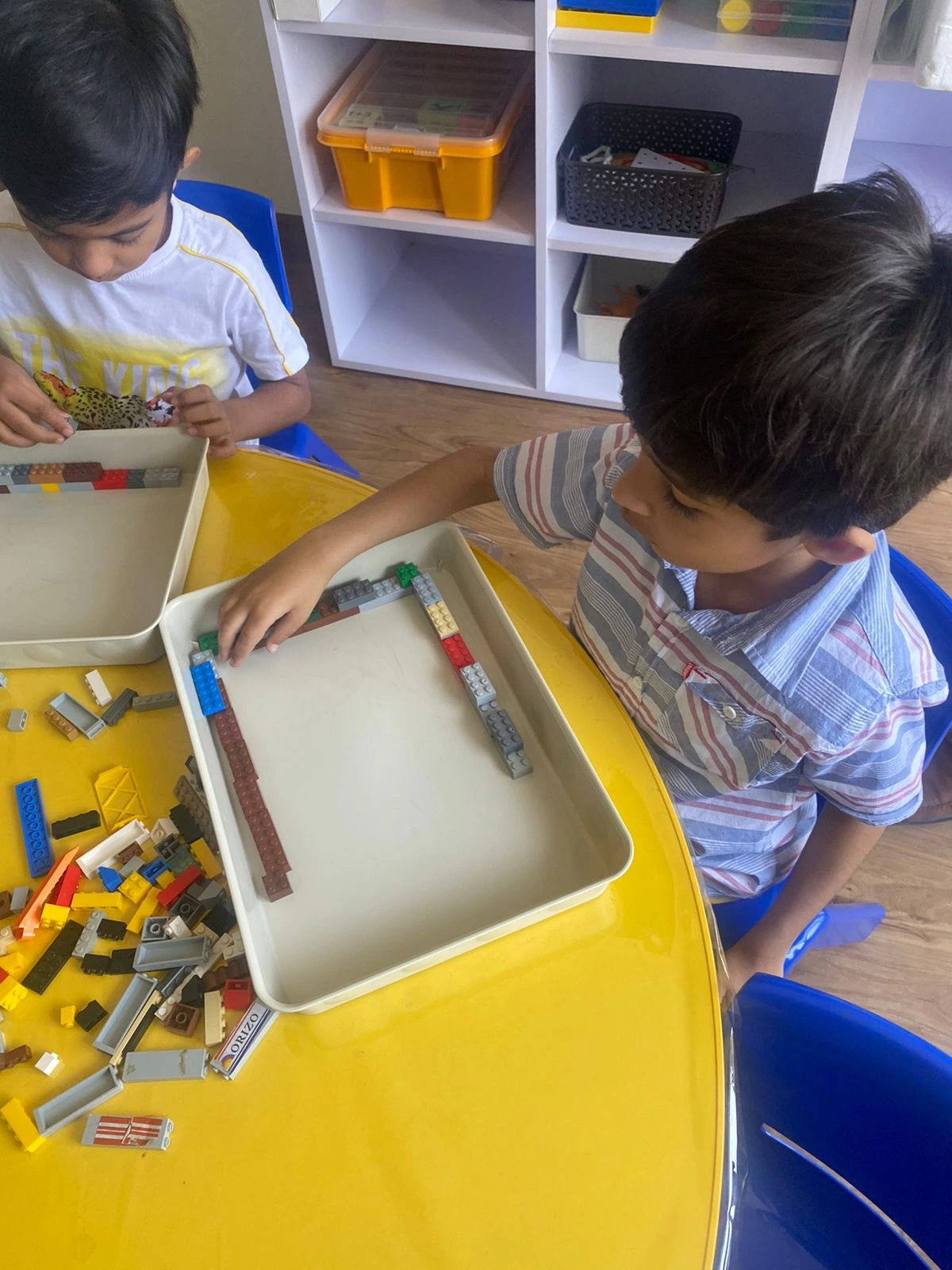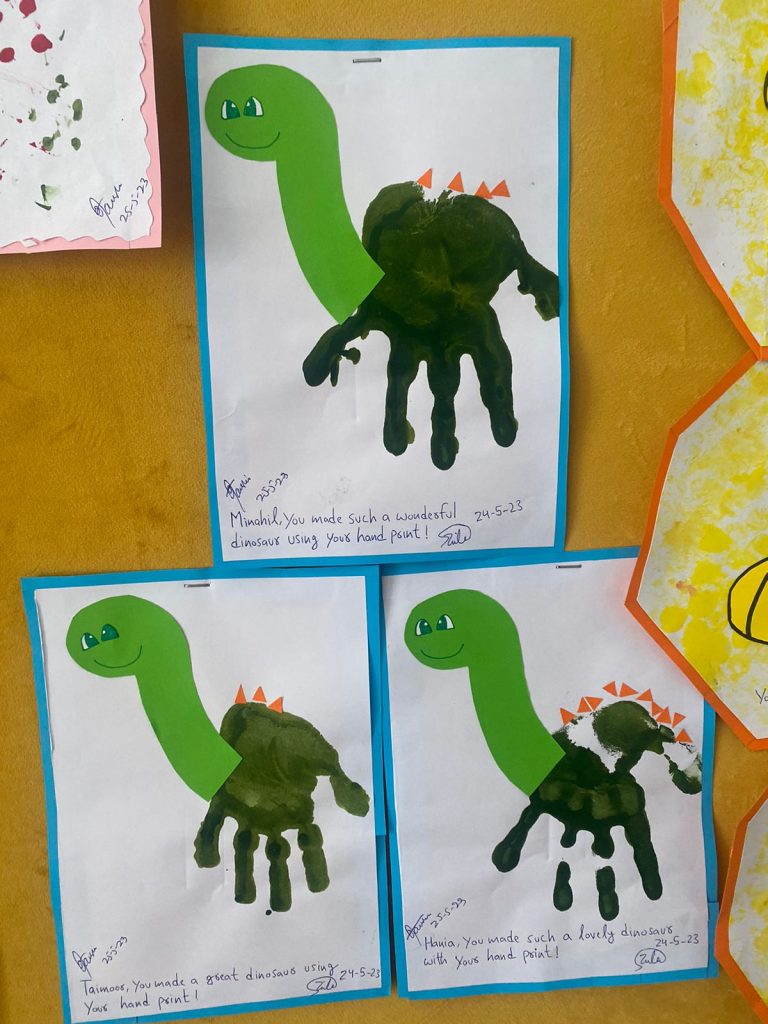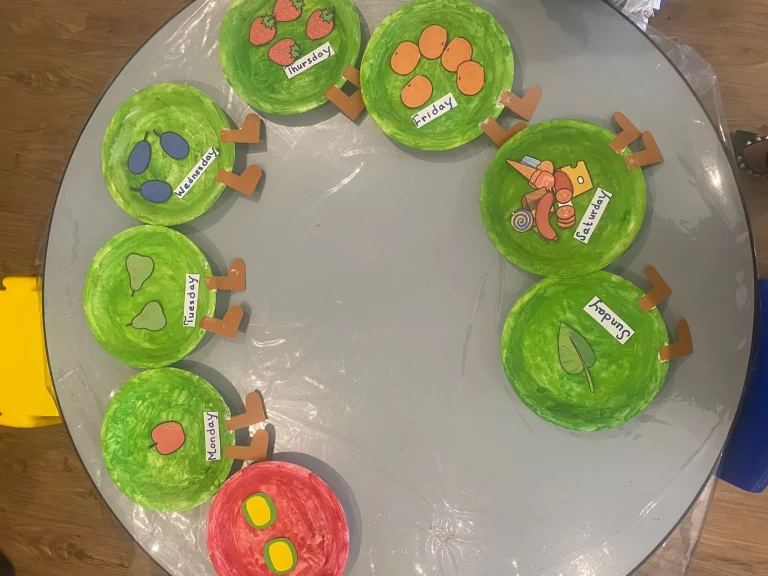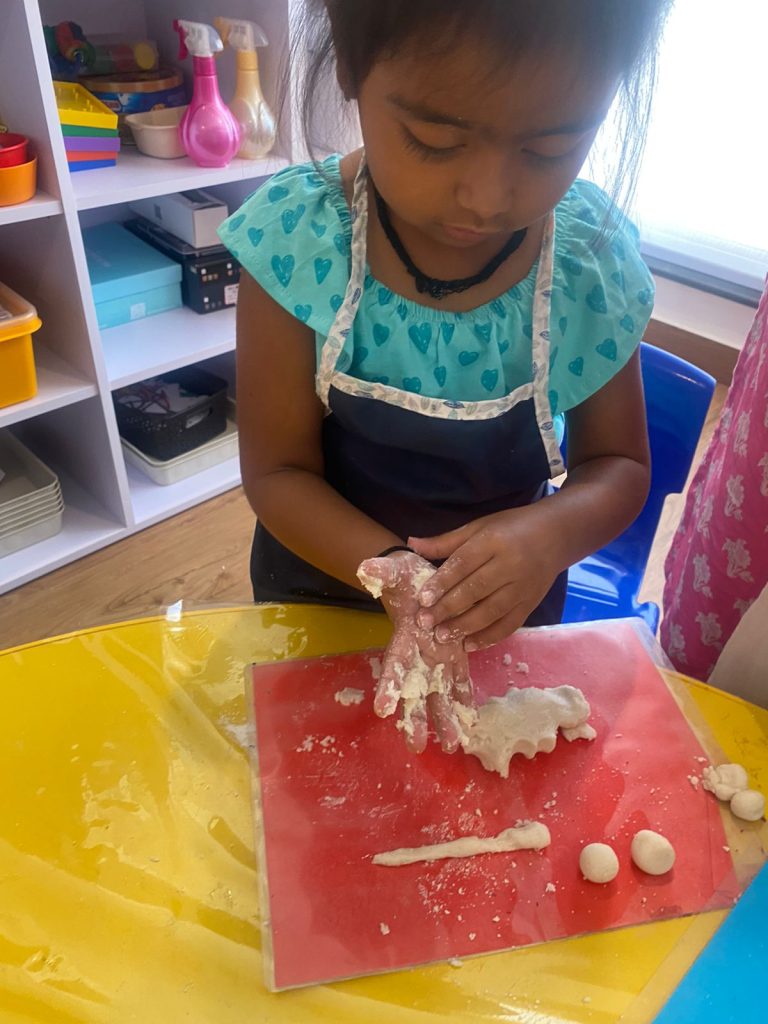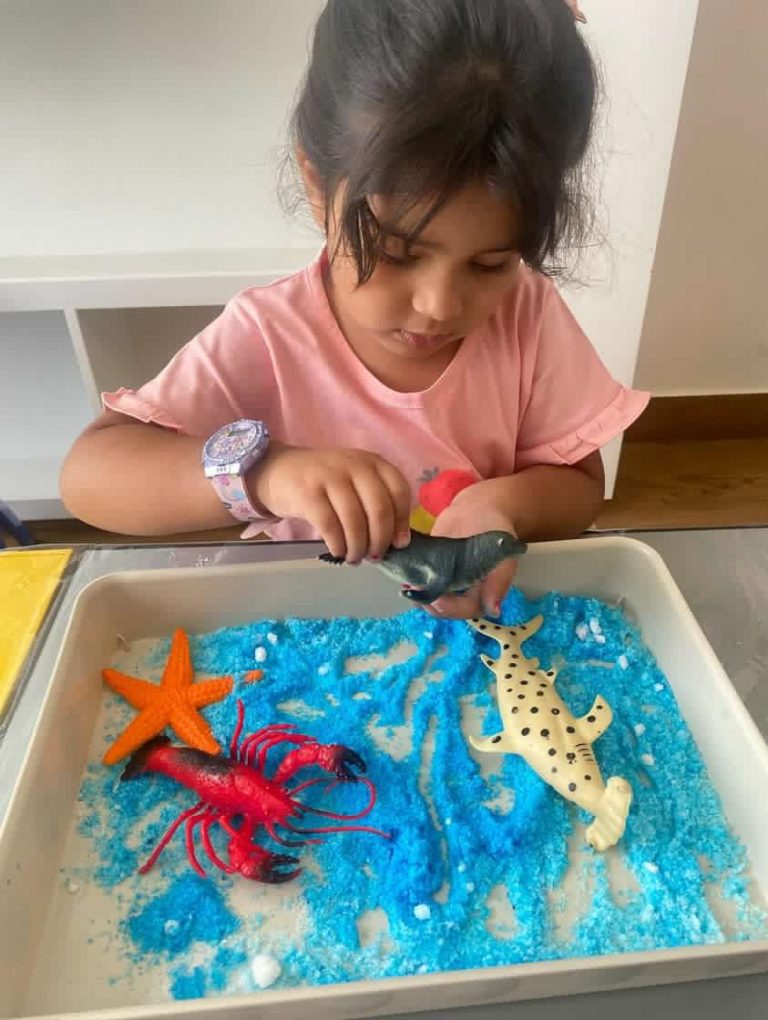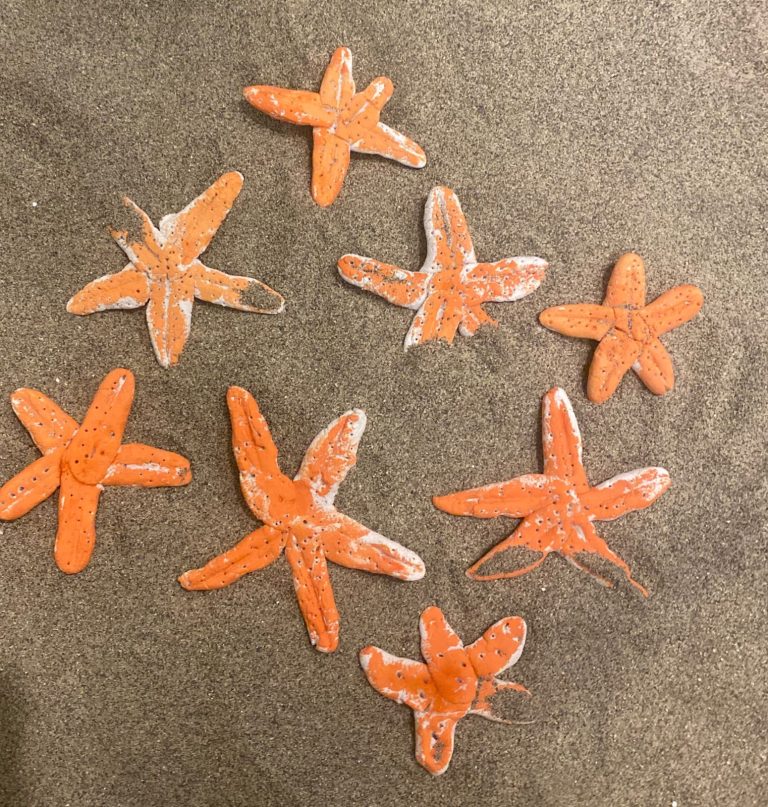Shapes and Sizes: Learning through Puzzles and Building Blocks
In the early years of a child’s life, the process of learning and development plays a crucial role in shaping their future. Among various methods of education, puzzles and building blocks have emerged as effective tools that not only entertain but also stimulate a child’s cognitive, physical, and emotional growth. This article explores the significance of puzzles and building blocks in early childhood education, highlighting their benefits, and providing practical insights for parents and educators.
Early childhood education forms the foundation of a child’s learning journey. During the formative years, children absorb information and experiences like sponges, making it crucial to provide them with the right tools to foster holistic development. Play-based learning has gained immense popularity for its effectiveness in engaging young minds. Puzzles and building blocks have emerged as powerful tools that combine entertainment with learning, making the educational process enjoyable and effective.
Learning through Play
Play-based learning is a child-centered approach that recognizes the importance of exploration and discovery. It not only facilitates academic growth but also nurtures essential life skills. Puzzles and building blocks, in particular, offer a hands-on experience that stimulates multiple aspects of a child’s development.
Cognitive Development through Puzzles
Puzzles are a fantastic way to engage a child’s brain. They present challenges that require problem-solving skills, critical thinking, and spatial awareness. As children work to fit pieces together and complete the puzzle, they enhance their cognitive abilities, promoting a deeper understanding of shapes, colors, and patterns.
Building Blocks: Unleashing Creativity
Building blocks, on the other hand, offer endless possibilities for creativity. Children can construct various structures using their imagination, which helps in developing their fine motor skills. Additionally, building blocks provide an opportunity for children to understand basic physics principles and concepts.
Social and Emotional Growth
Both puzzles and building blocks can be enjoyed individually or in groups, encouraging social interaction. When children work together to solve a puzzle or build a structure, they learn essential skills like teamwork, communication, and cooperation. Moreover, overcoming challenges during play instills a sense of achievement, fostering emotional resilience.
The Role of Parents and Educators
Parents and educators play a pivotal role in creating a conducive environment for learning through play. By providing age-appropriate puzzles and building blocks, they can inspire children to explore and learn independently. A balanced approach, combining guided and independent play, helps in maximizing the educational benefits.
Safety Considerations
When choosing puzzles and building blocks, safety is paramount. Ensuring that the toys are suitable for the child’s age and developmental stage reduces the risk of accidents. Additionally, creating a safe play environment minimizes potential hazards during playtime.
Combining Puzzles and Building Blocks in Education
Integrating puzzles and building blocks into educational curricula enhances the learning experience. By aligning the toys with specific learning objectives, educators can make lessons more interactive and engaging. This approach facilitates better understanding and retention of knowledge.
Boosting Language and Communication Skills
Through play, children also improve their language and communication skills. Engaging in conversations while solving puzzles or building structures helps in developing vocabulary, sentence formation, and expression.
Incorporating Puzzles and Building Blocks in Special Education
Puzzles and building blocks are valuable tools in special education settings as well. Educators can modify the activities to accommodate individual learning needs, promoting inclusive learning environments.
Puzzles and Building Blocks in a Technological Era
In today’s technology-driven world, it is essential to strike a balance between screen time and physical play. While digital learning tools have their benefits, hands-on experiences with puzzles and building blocks remain crucial for comprehensive development.
Promoting Sustainability through Educational Toys
Choosing eco-friendly materials for puzzles and building blocks contributes to a sustainable future. By instilling environmental awareness from an early age, children learn the importance of preserving the planet.
Benefits of Multi-Sensory Learning
Puzzles and building blocks engage multiple senses, strengthening memory retention. The tactile, visual, and auditory experiences during play create lasting impressions, making learning more effective.
Measuring Progress and Success
Assessing a child’s progress and achievements during play-based learning can be done through observational techniques. Recognizing milestones and celebrating small victories encourage continued growth and motivation.
In conclusion, puzzles and building blocks are more than just toys; they are powerful educational tools that nurture a child’s cognitive, physical, and emotional development. Embracing play-based learning and incorporating these toys into educational settings create an enriching experience for children. As parents and educators, our role is to provide a stimulating environment that encourages exploration, creativity, and curiosity. By doing so, we empower the next generation to become lifelong learners and critical thinkers, ready to tackle the challenges of the future with confidence.
At what age can children start playing with puzzles and building blocks?
Children can start playing with age-appropriate puzzles and building blocks as early as 1-2 years old.
How can puzzles help in developing problem-solving skills?
Puzzles present challenges that require logical thinking and problem-solving, encouraging children to find solutions on their own.
Are there any safety concerns with small building blocks?
Yes, small building blocks can be a choking hazard for young children, so it’s essential to choose blocks that are suitable for their age.
Can puzzles and building blocks be used for children with special needs?
Yes, puzzles and building blocks can be adapted to suit individual learning needs and are beneficial in special education settings.
How can parents encourage imaginative play with building blocks?
Parents can join in the play, encourage storytelling, and praise their child’s creativity to foster imaginative play with building blocks.
